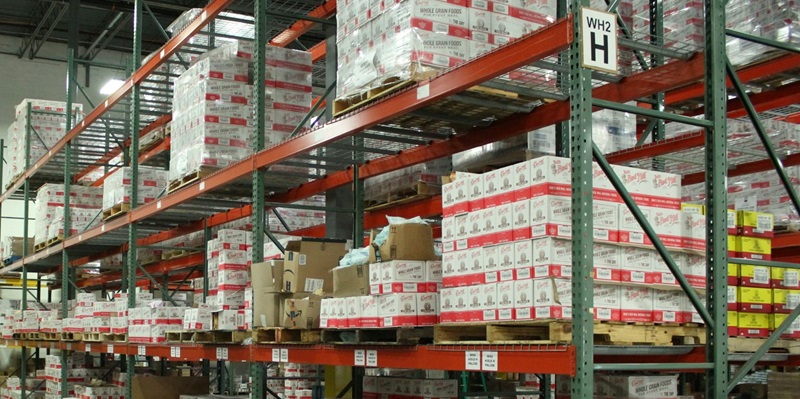Supply chain management is more than just moving goods from the manufacturer to the consumer. It’s a complex amalgamation of various processes that work in tandem to ensure that products are delivered effectively and efficiently. This intricate choreography, often vulnerable to the domino effect of delays, has been significantly strengthened with the advent of artificial intelligence (AI) and machine learning (ML). These technologies serve as the backbone of modern supply chain systems, injecting them with robustness and predictability.
AI and ML: Evolution of Traditional Practices
Automated Order Management Systems
The age of digital transformation has brought order management to the forefront of supply chain innovation. Traditional methods that relied heavily on manual input and human oversight were labor-intensive and fraught with errors. The inclusion of AI has been a game-changer, with systems now boasting streamlined operations that provide seamless, accurate, and prompt service delivery. The shift towards automation not only reduces the workload on personnel but also drastically cuts down on processing times. As a result, resources can be redirected toward improving customer relationships and exploring new business opportunities.
In this ecosystem, data is the new benchmark for efficiency. With AI-enhanced analytics, companies can now harness the power of big data to forecast demand, preempt bottlenecks, and optimize inventory levels. This not only minimizes waste and costs but also improves responsiveness to market changes. By integrating predictive algorithms, companies can transform data into strategic insights, allowing for better decision-making and a competitive edge in the marketplace.
The Role of Automated Technologies in Order Management
The Impact on Efficiency and Customer Satisfaction
Supply chain management transcends mere transportation of products, involving a web of interconnected activities vital for efficient delivery. In the face of potential cascading delays, the introduction of artificial intelligence (AI) and machine learning (ML) has fortified these networks. AI and ML infuse supply chains with enhanced reliability and foresight, enabling better prediction and management of inventory, optimization of routes, and increased overall responsiveness. These technologies are pivotal in analyzing vast amounts of data to predict and mitigate disruptions, leading to smoother operations. The modern supply chain, supported by AI and ML, is not just reactive but strategically proactive, adjusting to market demands and minimizing bottlenecks before they can impact the flow of goods. This digital transformation has redefined how industries approach the delivery of products, marking a significant shift towards more data-driven decision-making processes.

